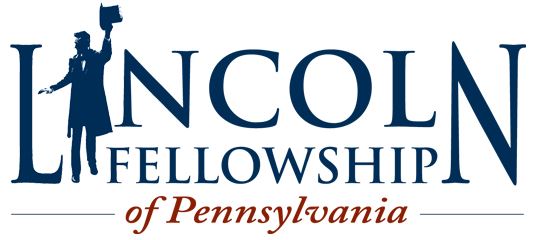
One Hundred Nights of Taps, Gettysburg, Enduring Pathway: Oliver Willcox Norton
Who was Oliver Willcox Norton? Well his talents are evidenced each evening here during One Hundred Nights of Nights of Taps.
In
July, 1862 the 3rd Union Army Brigade, then under the command of
General Daniel Butterfield, was camped by the James River on the grounds
of the Berkeley Plantation following the Seven Days Battles. It was
here that Butterfield assisted by Norton created the 24 notes known as Taps.
Oliver
Willcox Norton was the first bugler to sound the call that evening.For
almost 160 years the call of Taps has sounded to signal military
personnel to go to sleep and more importantly as a tribute to all of
those who have faithfully served our nation in uniform.
Oliver
Willcox Norton (O.W. to his family and friends) was born in Angelica,
New York on December 17, 1839. He was the oldest of 13 children of a
traveling Reverend. He received his education at the Montrose Academy
in Montrose, Pennsylvania and became a teacher.
Norton
was among the first to enter the Union army when the Civil War broke
out. He enlisted with Company K and became the bugler for the 83rd
Pennsylvania Volunteer Infantry Regiment. The 83rd wore colorful French
uniforms, which consisted of a shako, bright-colored jacket
and wide trousers, imported for the war. However, they proved to be
unsuitable for field use. Those uniforms were left behind and replaced
with regulation uniforms when the regiment marched off to war.
O.W.
wrote letters home during the war providing insight about his duties as
a bugler, orderly, flag bearer, and his life as a soldier. They are
collected in a book titled “Army Letters”, which he wrote in 1903 and
published for private circulation. Nearly two-thirds of the
approximately one hundred and fifty war time letters were written to his
sister Elizabeth (Libby) Lane Norton. who was active in the underground
railroad system that help runaway slaves escape to Canada.
During
the battle of Gettysburg O.W. was the brigade bugler serving under the
command of Colonel Strong Vincent. On July 2nd at Little Round Top,
Vincent’s Brigade answered the call for troops when General Gouverneur
K. Warren saw that the hill was unoccupied and open to being captured by
the enemy. Norton had a good view of the fighting on Little Round Top
on that day and was distressed when Vincent was mortally wounded. Norton
would eventually
write a book entitled “The Attack and Defense of Little Round”, one of
the best eyewitness accounts of what happened.
In
November 1863, Norton was commissioned as a first lieutenant in the
Eighth U.S. Colored Troops. This spoke highly of the man, as he was
fully aware that serving in such a position at that time was a death
sentence should he ever be captured. For the remainder of the war, O.W.
served as a staff officer and Regimental Quartermaster officer for the
Eighth U.S. Colored Regiment. He was mustered out in November, 1865.
Norton would return here to Gettysburg in 1889 as the main speaker for
the dedication of the 83rd Pennsylvania Monument on Little Round Top.
Norton’s name will always be associated with the bugler call, Taps. He
wrote,
“There is something singularly beautiful and appropriate in the music of this wonderful call. Its strains are melancholy, yet full of rest and peace. Its echoes linger in the heart long after its tones have ceased to vibrate in the air. It is immortal.”
Lincoln Fellowship of Pennsylvania is a 501(c)3 Organization
P. O. Box 3372, Gettysburg, PA 17325
Email: lincolnfellowshipofpa@gmail.com
